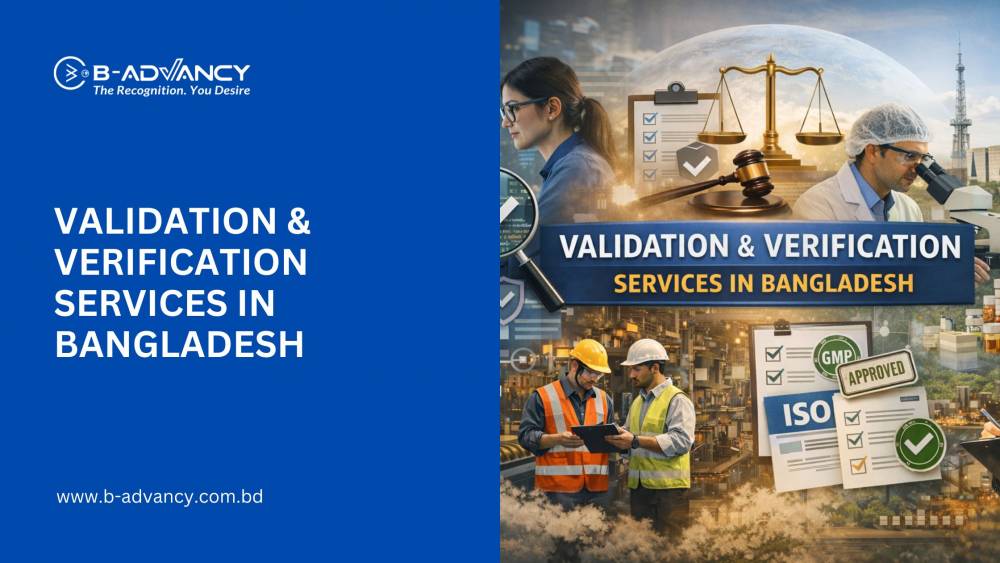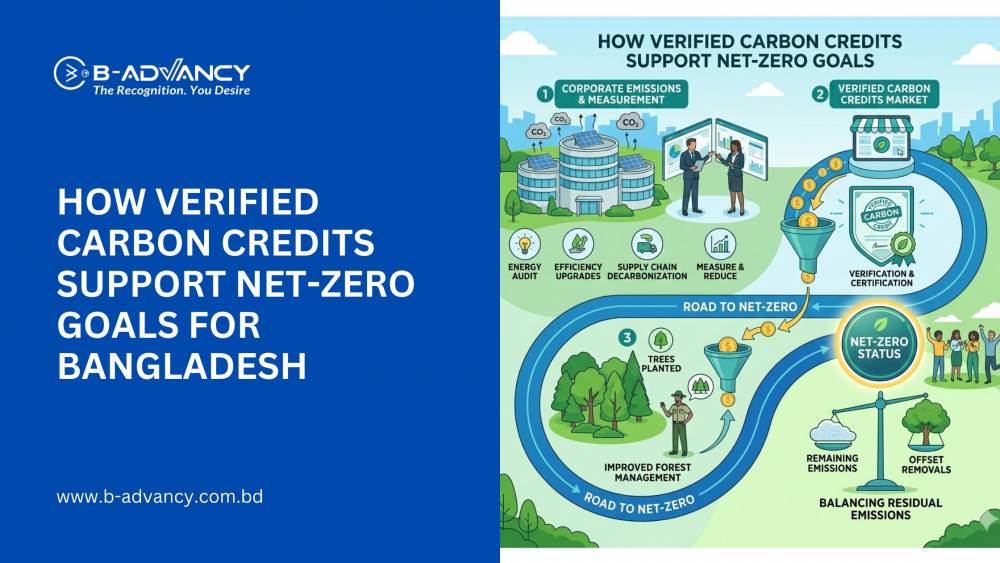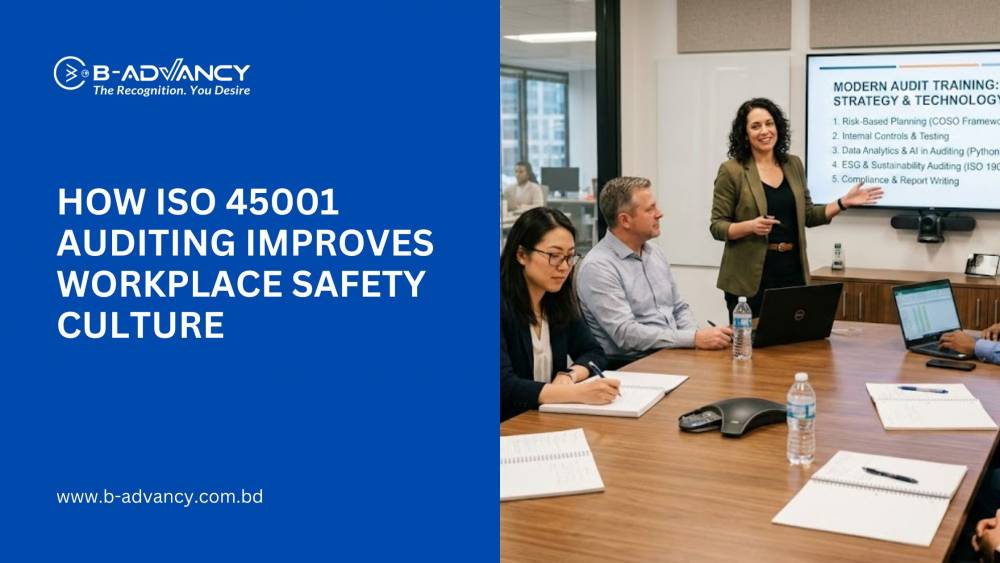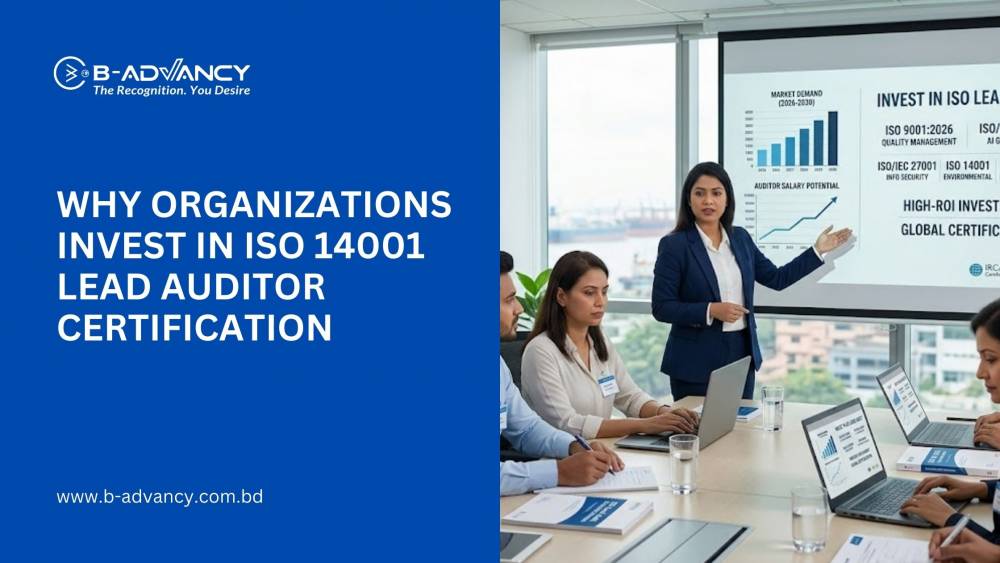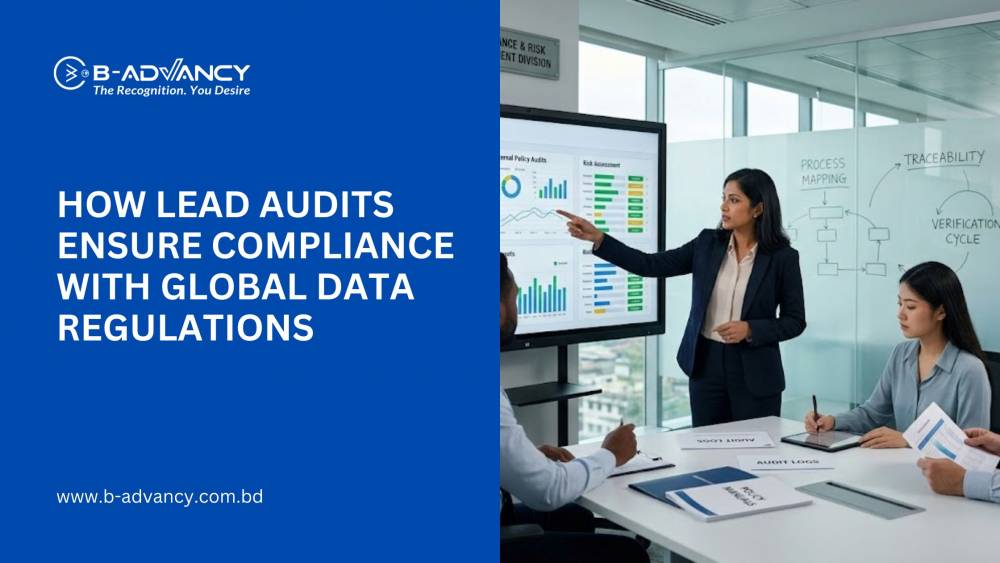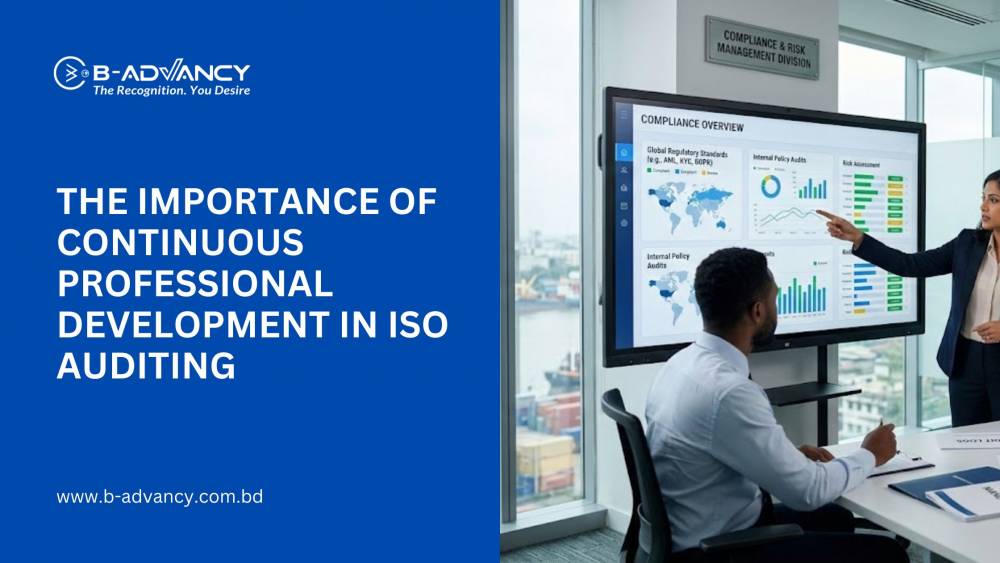In an increasingly interconnected global economy, ethical business practices are no longer optional—they are essential. Bribery remains a significant risk, especially in emerging markets like Bangladesh where rapid industrial growth, foreign investments, and infrastructure development are expanding. To meet this challenge, the ISO 37001:2025 Anti-Bribery Management System (ABMS) emerges as a timely solution, providing a structured framework for organizations to detect, prevent, and respond to bribery risks.
As Bangladesh positions itself as a competitive player in international trade, compliance with ISO 37001:2025 will not only mitigate legal and reputational risks but also build trust with stakeholders, regulators, and international partners.
What is ISO 37001:2025?
ISO 37001:2025 is the latest revision of the internationally recognized Anti-Bribery Management System standard, replacing the 2016 version. This updated standard reflects evolving best practices, stricter global regulations, and new expectations around corporate ethics.
The standard outlines a risk-based approach for preventing, detecting, and addressing bribery. It can be implemented across all types of organizations—public or private, large or small, and across any industry sector. It focuses on:
-
Establishing an anti-bribery policy
-
Leadership commitment
-
Training and awareness
-
Due diligence on business associates
-
Financial and non-financial controls
-
Whistleblower channels and reporting mechanisms
-
Regular risk assessments
-
Independent auditing and continuous improvement
Why Bangladesh Needs ISO 37001:2025
1. Bribery Risk in Public and Private Sectors
Despite notable economic progress, Bangladesh still faces challenges with corruption, particularly in public procurement, customs, law enforcement, and construction. Transparency International Bangladesh has consistently reported issues relating to bribery and misuse of authority, which hinder sustainable development.
The introduction of ISO 37001:2025 presents a framework for reform. When organizations proactively implement anti-bribery systems, they align with national goals to improve governance, transparency, and global competitiveness.
2. Global Trade and Export Compliance
As Bangladesh increases its exports—especially in textiles, ready-made garments (RMG), pharmaceuticals, and IT services—buyers from Europe, the US, and Canada are placing higher emphasis on ethical sourcing and supplier integrity.
ISO 37001 certification serves as a proof of compliance with global anti-bribery standards, increasing trust among international clients and supply chain partners. For companies eyeing foreign contracts, joint ventures, or donor-funded projects, having this certification can offer a distinct competitive edge.
3. Foreign Direct Investment (FDI)
FDI is crucial for the country’s growth. Investors often examine governance standards and corruption risks before committing capital. A certified Anti-Bribery Management System signals corporate integrity, reducing perceived risks and attracting investment from institutions with strict compliance mandates.
What’s New in the 2025 Revision?
The 2025 update reflects the evolving landscape of global compliance. Key enhancements include:
-
Expanded Scope: Inclusion of third-party technology providers and automated systems in risk evaluation.
-
Digitalization Integration: Emphasis on AI-based fraud detection, transaction monitoring, and data analytics to proactively identify bribery indicators.
-
Enhanced Risk Management: Stronger alignment with ISO 31000 (Risk Management) for holistic governance.
-
Whistleblower Protection: More detailed clauses on protecting anonymity and ensuring non-retaliation.
-
Alignment with ESG: Encourages organizations to integrate anti-bribery efforts into their broader Environmental, Social, and Governance (ESG) reporting.
Benefits of ISO 37001:2025 Certification for Bangladeshi Organizations
✅ Legal Compliance
Organizations align with anti-corruption laws such as the Bangladesh Anti-Corruption Act, while also addressing compliance requirements of international regulations like the UK Bribery Act or FCPA (Foreign Corrupt Practices Act).
✅ Improved Reputation
Demonstrating a strong anti-bribery stance builds credibility among customers, regulators, investors, and the public. This is particularly crucial for NGOs, donor-funded projects, and export-oriented industries.
✅ Operational Transparency
Implementing ISO 37001 ensures clear documentation, internal controls, and audit trails, leading to cleaner, more accountable business processes.
✅ Employee Empowerment
With proper training and a zero-tolerance culture, employees become more aware of ethical boundaries, reducing the risk of inadvertent violations.
✅ Business Growth
Certification opens doors to international tenders, donor funding, and joint ventures, where transparency and compliance are prerequisites.
Sectors in Bangladesh that Should Prioritize ISO 37001:2025
While all sectors benefit, the following industries are especially vulnerable to bribery and can gain from ISO 37001:
-
Construction & Infrastructure: Especially those involved in public tenders and development projects.
-
Energy & Utilities: Where licensing and regulatory approvals are prone to corrupt practices.
-
Finance & Banking: To reinforce integrity in financial operations and lending.
-
Healthcare & Pharmaceuticals: Especially those dealing with medical procurement, government contracts, and research grants.
-
Ready-Made Garments (RMG) and Textiles: For improving supplier transparency and maintaining international buyer confidence.
-
Telecom & IT: To ensure ethical vendor management and procurement.
Steps to Implement ISO 37001:2025 in Your Organization
-
Leadership Buy-In: Top management must lead the anti-bribery culture.
-
Gap Assessment: Identify where your current systems fall short of ISO 37001:2025 requirements.
-
Develop Policies and Controls: Create tailored anti-bribery policies, reporting channels, and disciplinary measures.
-
Conduct Risk Assessments: Evaluate where your organization is most exposed.
-
Training & Awareness: Ensure employees and third parties are trained.
-
Third-Party Due Diligence: Evaluate partners, suppliers, and agents.
-
Internal Audit: Review controls, detect issues, and refine procedures.
-
Certification Audit: Engage a recognized certification body like B-ADVANCY or equivalent to audit and certify your compliance.
The Role of B-ADVANCY and Certification Bodies
Bangladesh-based firms can benefit from working with recognized ISO certification bodies, such as B-ADVANCY Certification Limited, which provides:
-
Pre-certification consultancy
-
Gap analysis and documentation support
-
Staff training and awareness
-
Certification audits
-
Post-certification compliance monitoring
These services are especially valuable for organizations new to compliance or with limited in-house resources.
Final Thoughts: ISO 37001 and the Future of Business Ethics in Bangladesh
As regulatory frameworks tighten and stakeholders demand more ethical business conduct, anti-bribery compliance will become a pillar of sustainability and corporate responsibility. ISO 37001:2025 isn’t just about meeting requirements—it’s about embedding a culture of integrity and accountability into the fabric of every organization.
Bangladeshi businesses that act now to implement ISO 37001 will not only future-proof themselves against legal and financial risks but also establish themselves as trusted, transparent, and internationally competitive.






























































































































































































